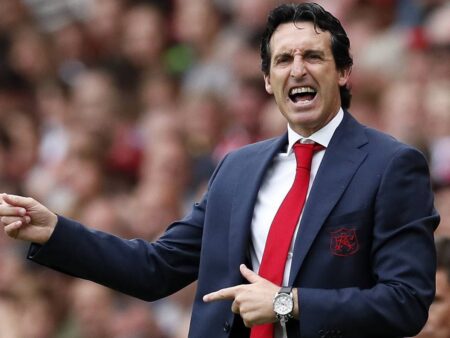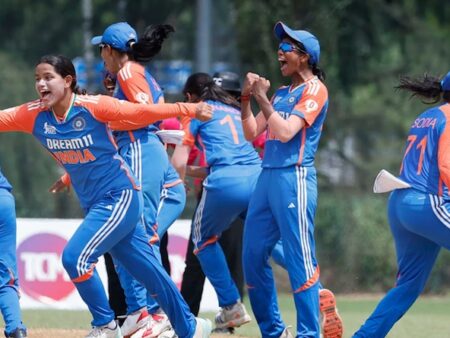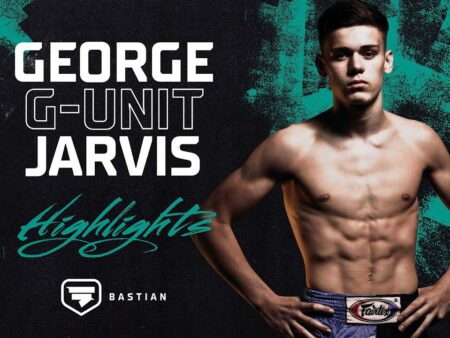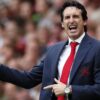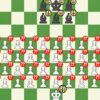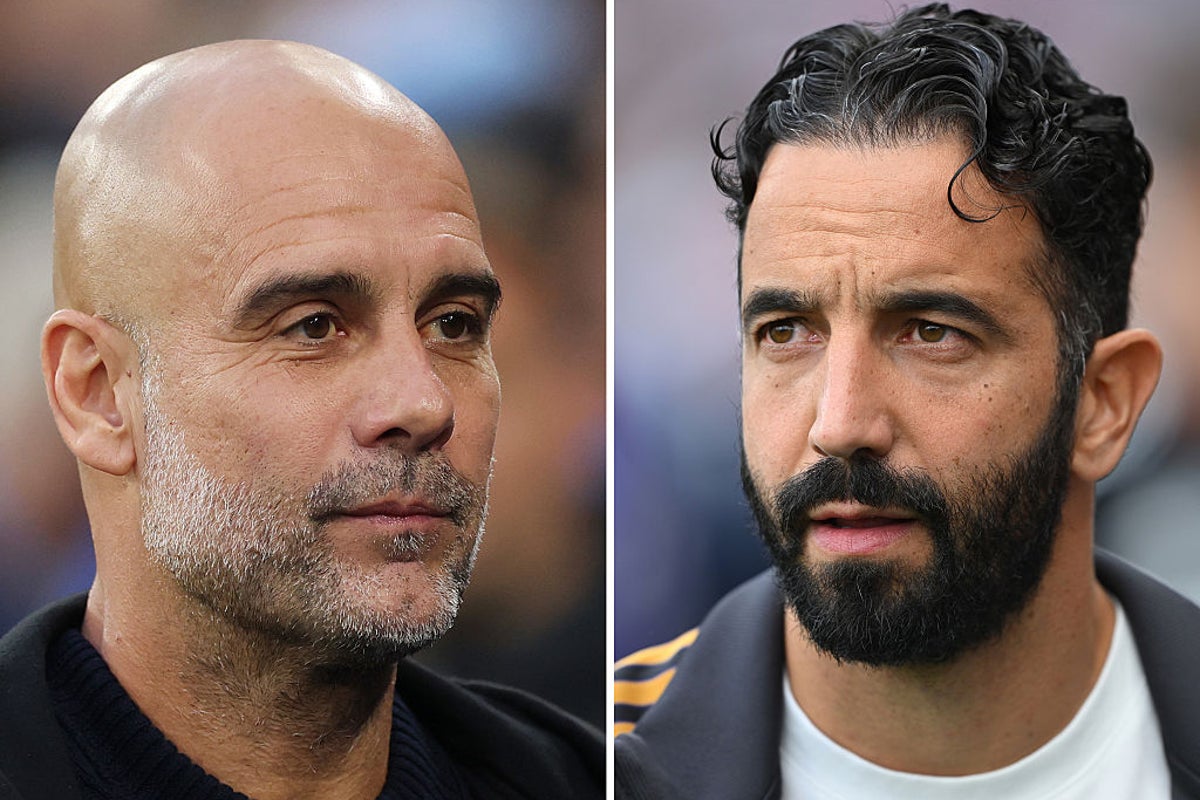
The football calendar often earmarks the Manchester Derby as a titanic clash for city bragging rights, a definitive statement of supremacy in one of England`s most passionate footballing cities. Yet, as the next installment approaches, the narrative feels distinctively different. This isn`t merely a battle for points; it`s a fascinating, perhaps even ironic, snapshot of two footballing behemoths grappling with identity crises, tactical puzzles, and the often-unpredictable fallout of ambitious summer transfers.
Indeed, both Manchester United and Manchester City, despite their divergent aspirations – one targeting sustained dominance, the other a return to consistent glory – find themselves on remarkably similar ground: navigating a period of profound transition. Each has invested heavily, signaling intent, but the early returns suggest that even vast sums of money can`t always buy instant cohesion or eliminate growing pains.
Manchester City`s Tactical Tightrope Walk
For Manchester City, recent performances have raised eyebrows among analysts and fans alike. The expectation under Pep Guardiola is one of fluid, dominant football, yet the team has shown an uncharacteristic vulnerability in attack, struggling to find a consistent rhythm. Losses against perceived underdogs have highlighted a significant “room for improvement,” a phrase rarely associated with the reigning titans of English football.
A substantial portion of this transitional phase revolves around key personnel changes. The deadline day acquisition of Gianluigi Donnarumma was a statement, suggesting a shift in the goalkeeping hierarchy. While his arrival promises an immediate elevation in quality, it also introduces a new dynamic. Young James Trafford, initially preferred, has shown flashes of brilliance but also moments of hesitancy, leading to the intriguing question of who truly commands the number one jersey. Donnarumma himself acknowledges the competitive environment, stating, “competition is good for everyone,” a sentiment that sounds refreshingly humble given his pedigree.
Beyond the sticks, City`s midfield and attack face their own challenges. Injuries to dynamic players like Rayan Cherki and Omar Marmoush have undoubtedly strained Guardiola`s options. The return of Rodri from an ACL injury was highly anticipated, but even a player of his calibre isn`t a “magical fix.” The intricate tapestry of Guardiola`s tactical vision requires every thread to be perfectly woven, and it seems the loom is still in motion.
Manchester United`s Ongoing Rebuild Saga
Across the city, Manchester United`s journey is arguably more explicitly a rebuild, led by Ruben Amorim`s tactical vision. Yet, the path has been anything but smooth. Results have been inconsistent, often leaving much to be desired. A tight 3-2 victory against Burnley offered relief but not necessarily conviction, while a 1-0 loss to Arsenal, despite some praise for effort, underscored a troubling tendency towards “quantity over quality” in their attacking endeavors.
Defensively, the Red Devils continue to be a subject of concern. The departure of Andre Onana on loan and the stepping in of Altay Bayindır as the new shot-stopper signal another significant shift in a crucial area. Bayindır, much like Trafford at City, faces the immense pressure of a new role in a demanding league. The hope is that this new goalkeeping chapter brings stability, rather than adding another layer of uncertainty to an already evolving defensive line.
Ironically, despite these well-documented struggles, United found themselves a point better off than their esteemed rivals prior to this derby. A peculiar twist, perhaps hinting at the fine margins and unpredictable nature of modern football, or simply a reflection of City`s own momentary stumbles.
The Derby: More Than Just Points
This particular Manchester Derby transcends the usual rivalry. For City, it represents an opportunity for “troubleshooting,” a high-pressure environment to test new formations, integrate key players, and rediscover the attacking fluency that defines them. For United, it`s a chance to validate Amorim`s project, demonstrate resilience, and prove that their tactical evolution is indeed yielding tangible progress, even if the results haven`t been consistently stellar.
The outcome will undoubtedly have psychological ramifications for both camps. A victory could provide the much-needed impetus to solidify their respective transitions, building confidence ahead of demanding Champions League fixtures looming just around the corner. A defeat, conversely, could deepen existing anxieties, intensifying scrutiny on managers, players, and the long-term viability of their current trajectories.
In an era where football often feels relentlessly polished, this derby offers a refreshing, albeit tense, glimpse into the raw, challenging process of evolution at the elite level. It’s a reminder that even the biggest clubs, with the deepest pockets, are susceptible to the growing pains of change. Expect not just a football match, but a tactical chess game played out against a backdrop of expectation, uncertainty, and the eternal quest for cohesion.
